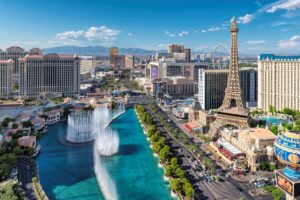By: William J. Baron
The Ninth Circuit has held that the California rule permitting insurers to intervene to defend suspended corporate insureds also applies under federal procedural rules. (See California Dept. of Toxic Substances Control v. Jim Dobbas, Inc. (9th Cir. 2022) 54 F.4th 1078, 1082.)
In Jim Dobbas, the Department of Toxic Substances Control (DTSC) sought a default judgment against a bankrupt limited liability company (Collins), which formerly owned contaminated land in Elmira, California. The DTSC had obtained an order in Bankruptcy Court permitting it to sue Collins, but only to seek recovery from Collins’ insurers.
Upon receiving notice of the suit and the request for a default judgment, Collins’ insurers filed a motion to intervene as of right under Federal Rule of Civil Procedure 24(a)(2) to defend the claims against Collins, and also moved to set aside the default that had been entered. (Id. at 1083-1084.) The District Court denied the insurers’ motions to intervene and declined to set aside the default. (Id. at 1084-1085.)
The Ninth Circuit reversed the first ruling, holding that the insurers were entitled to intervene as of right. (Id. at 1082, 1090-1092.) The Court found that California law applied and that the insurers had a legally protectable interest in intervening to defend the action, based on California’s direct action statute, Insurance Code section 11580. (Id. at 1089-1093.) The opinion noted that California courts have “repeatedly held that insurers have a protectable interest under § 11580 in preventing defaults by their insureds that are incapable of defending themselves or otherwise unwilling to do so,” because this statute permits plaintiffs to seek recovery on judgments from the defendants’ insurers. (Id. at 1090 and 1090 fn. 14.)

